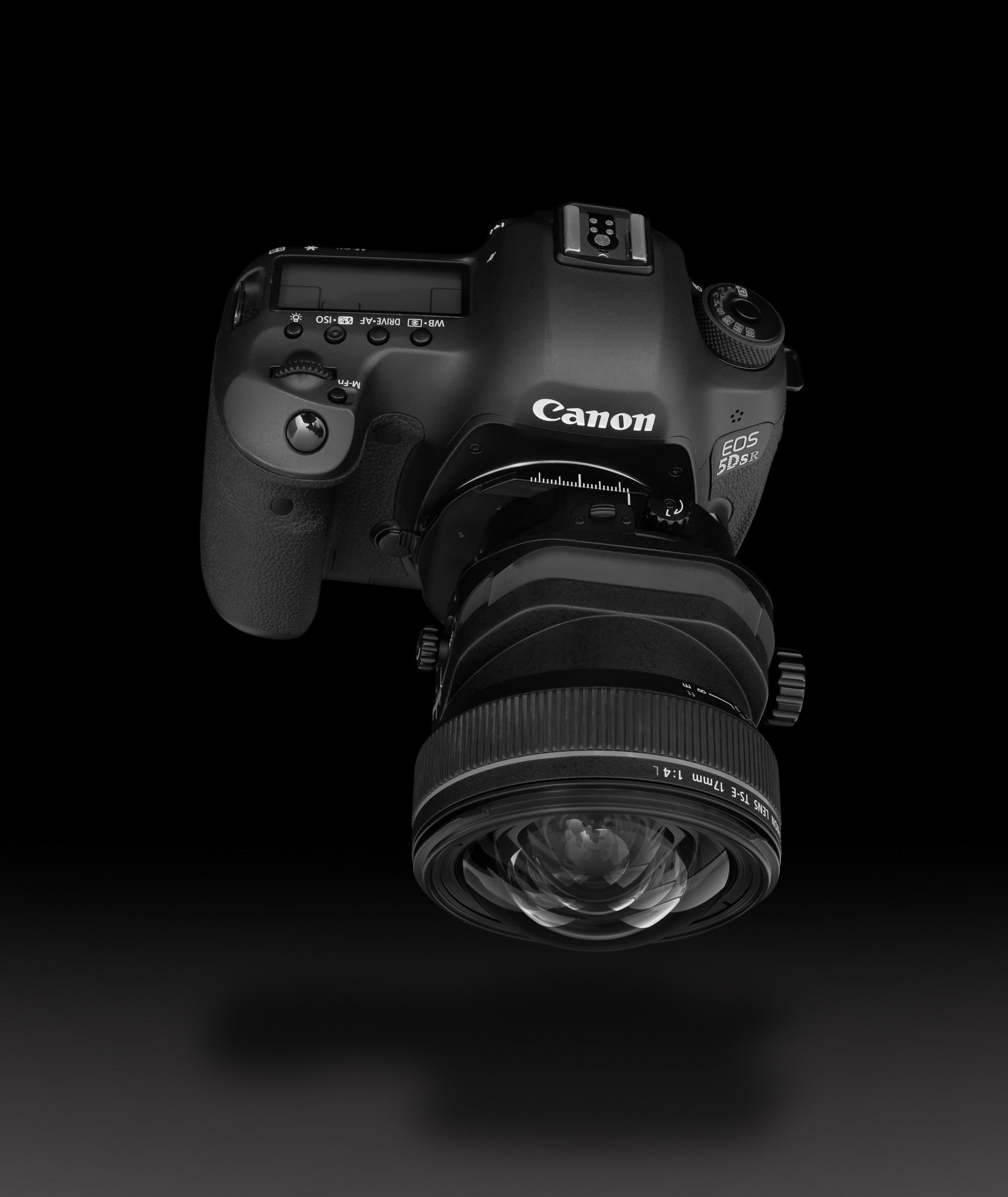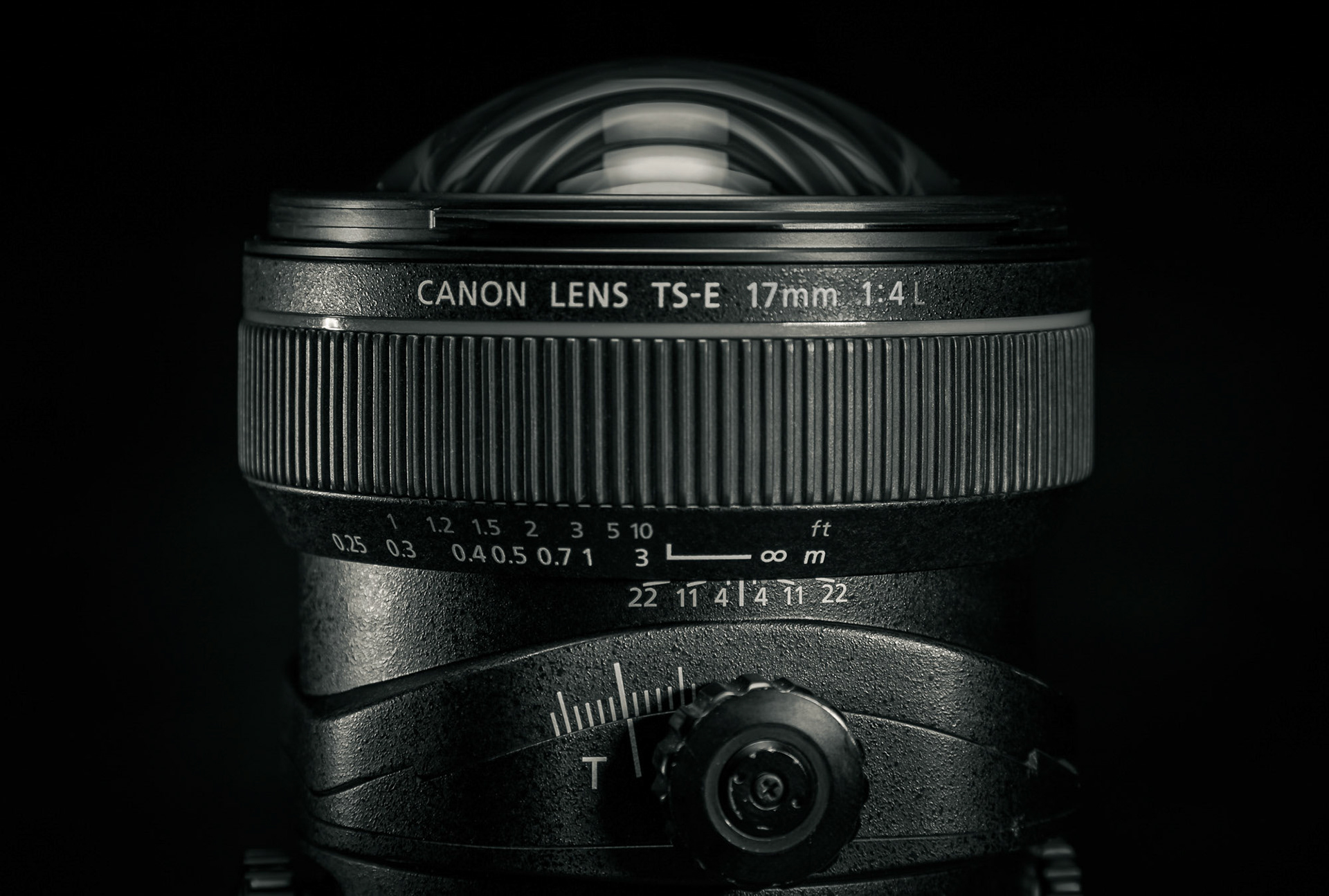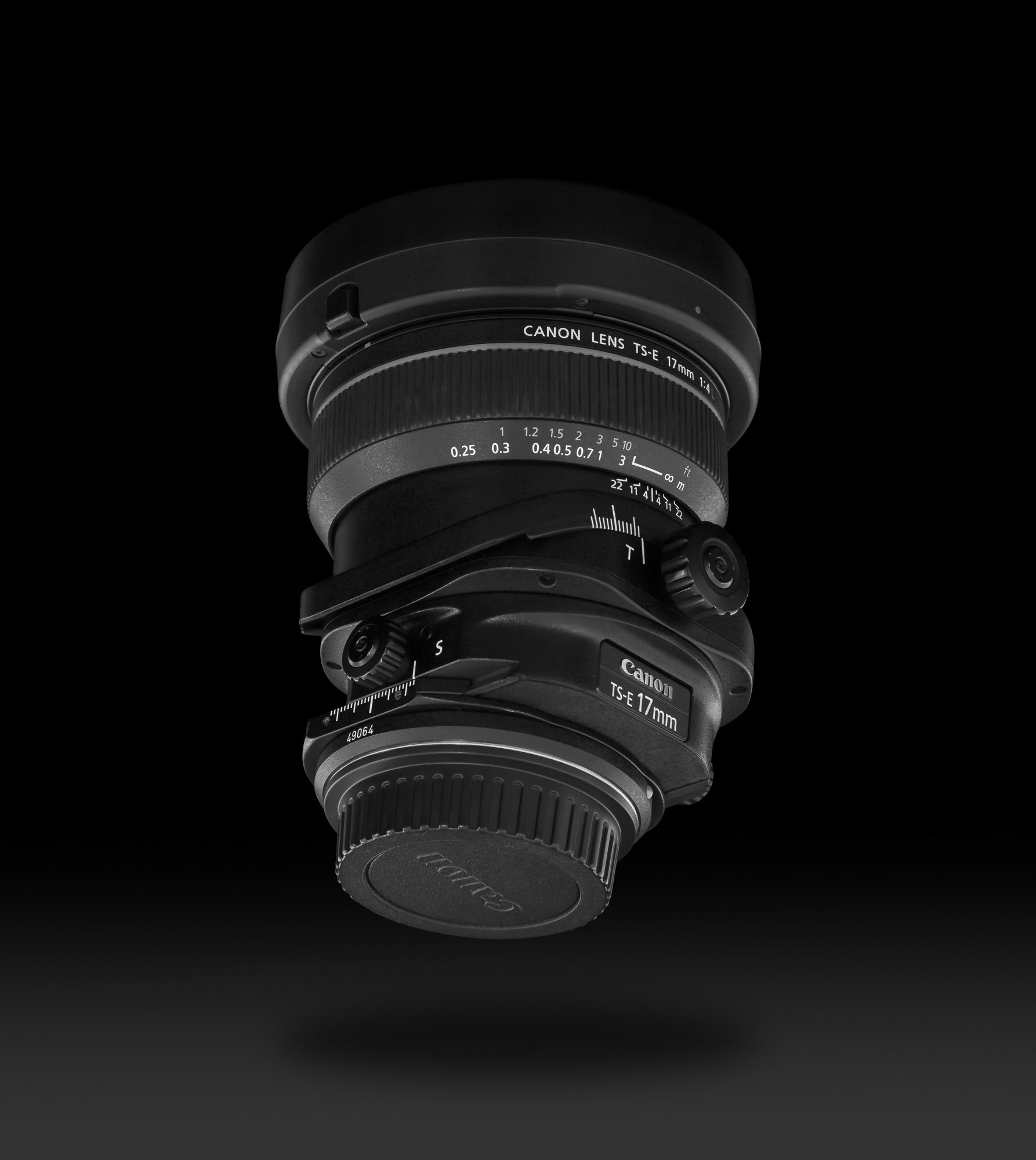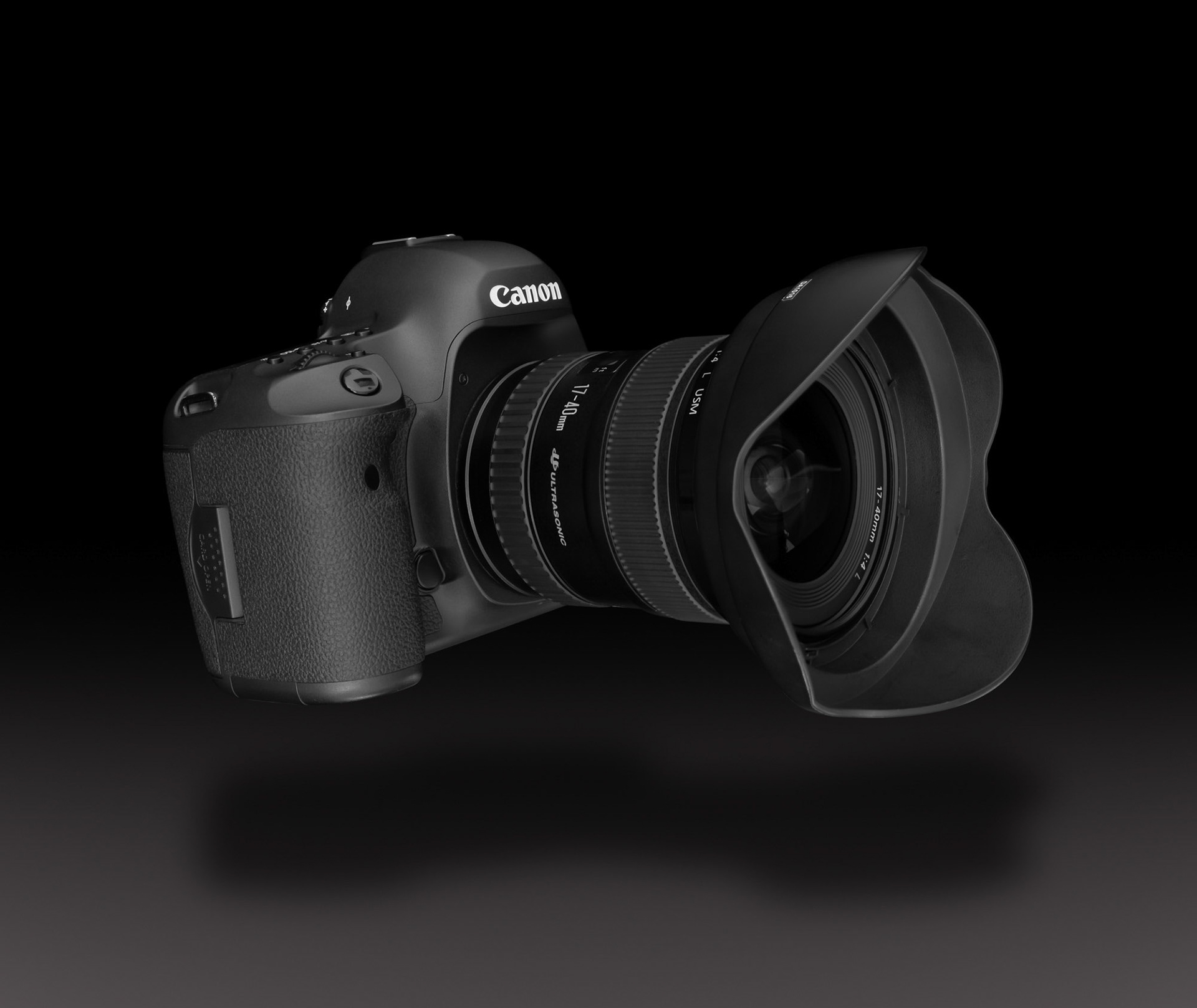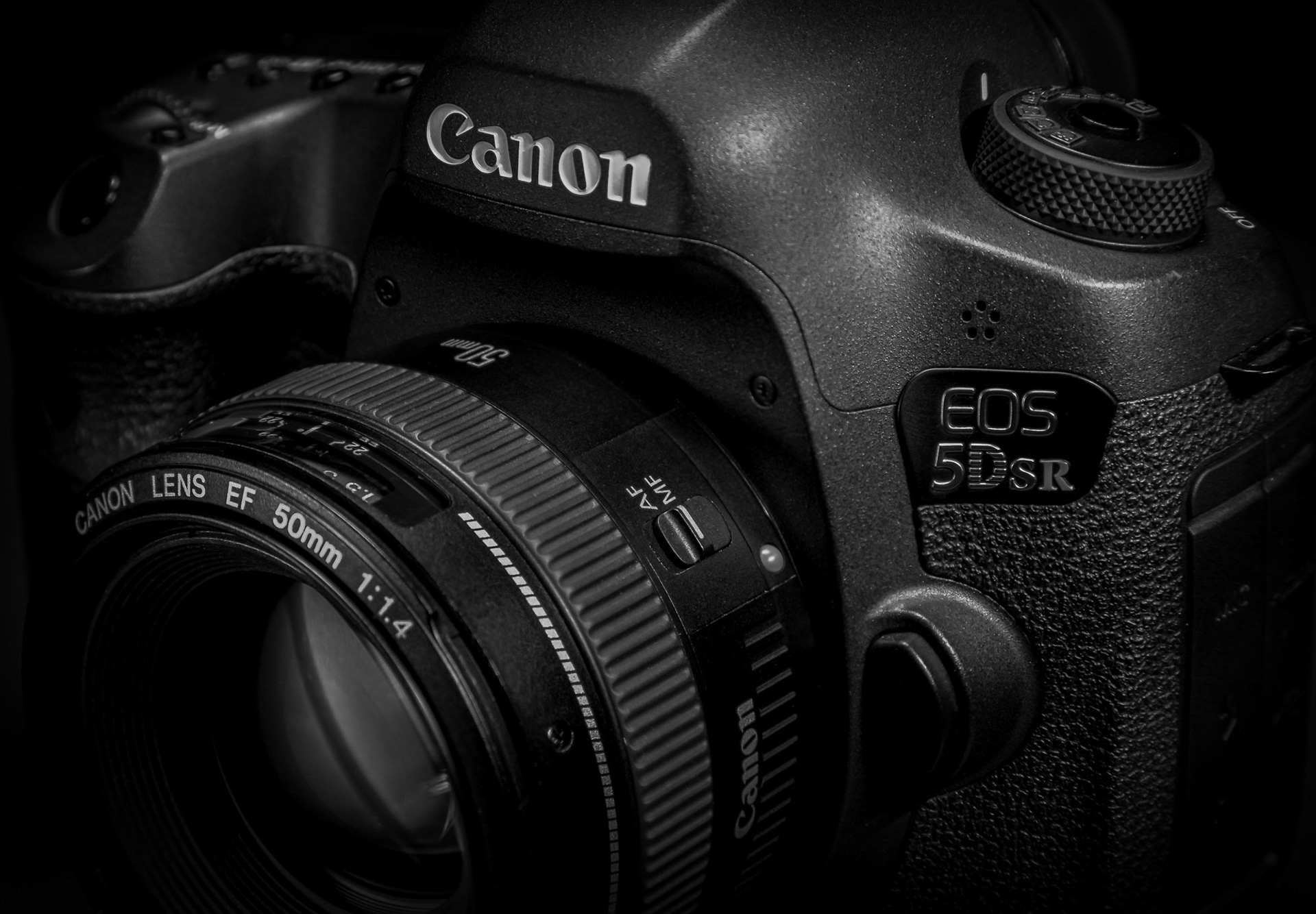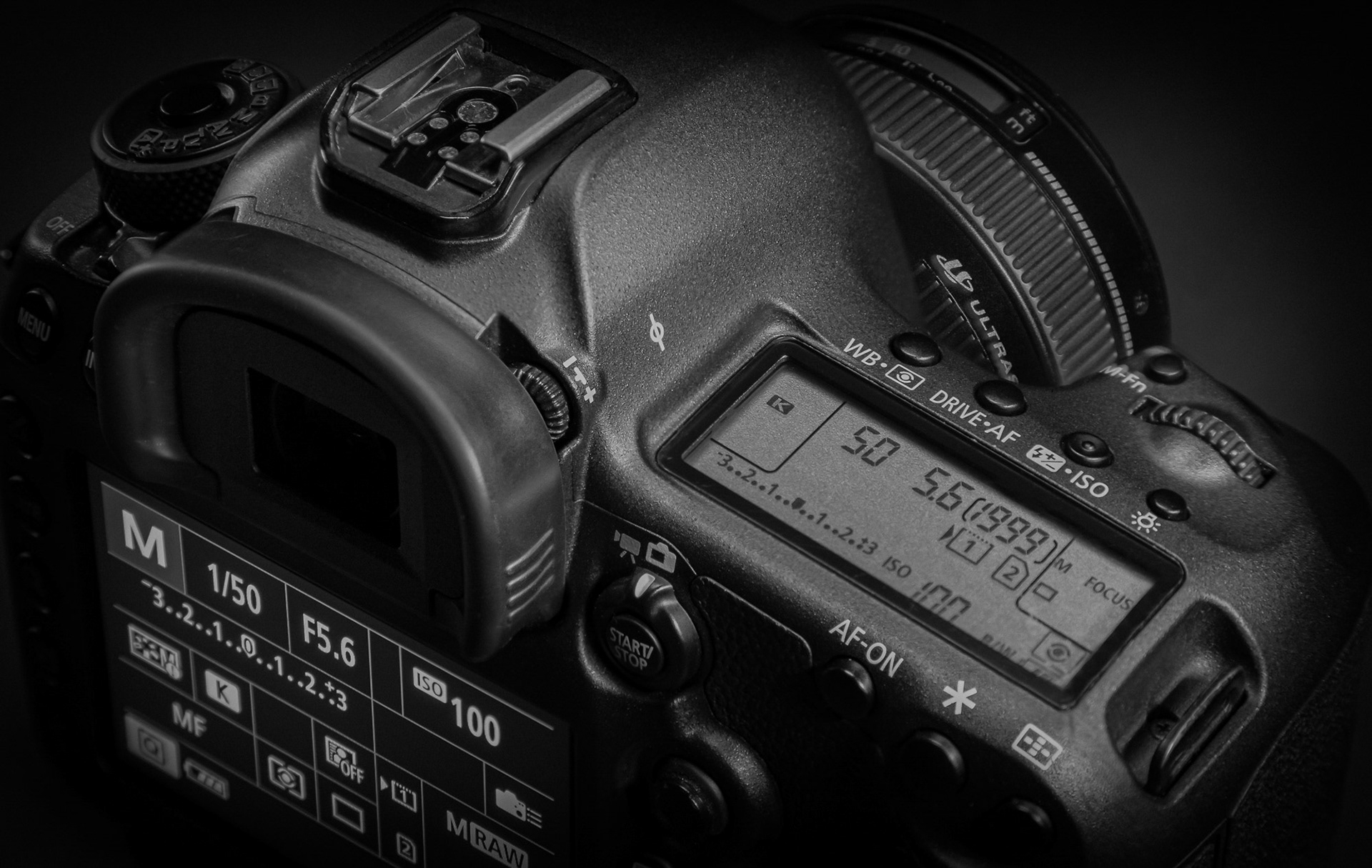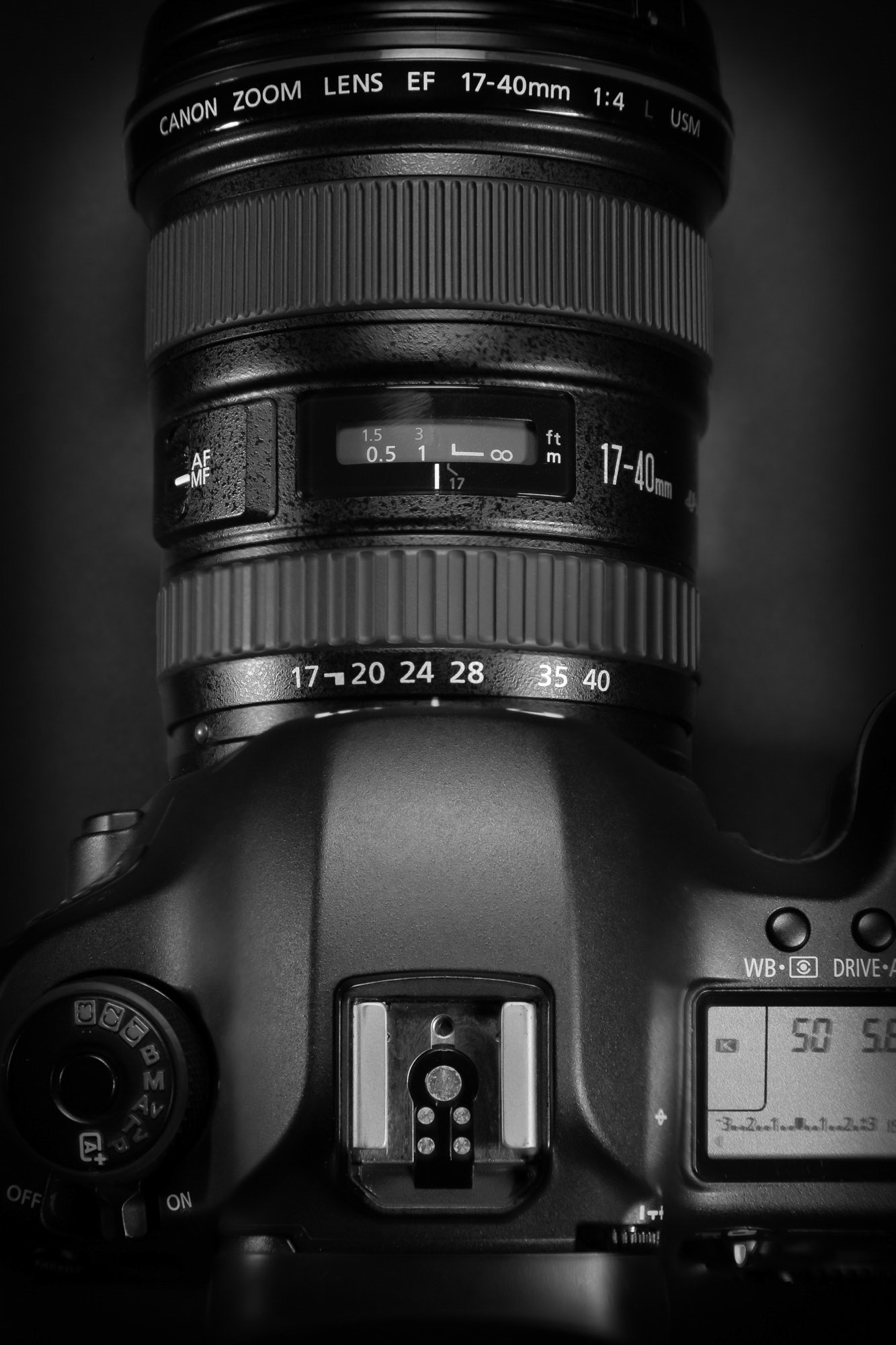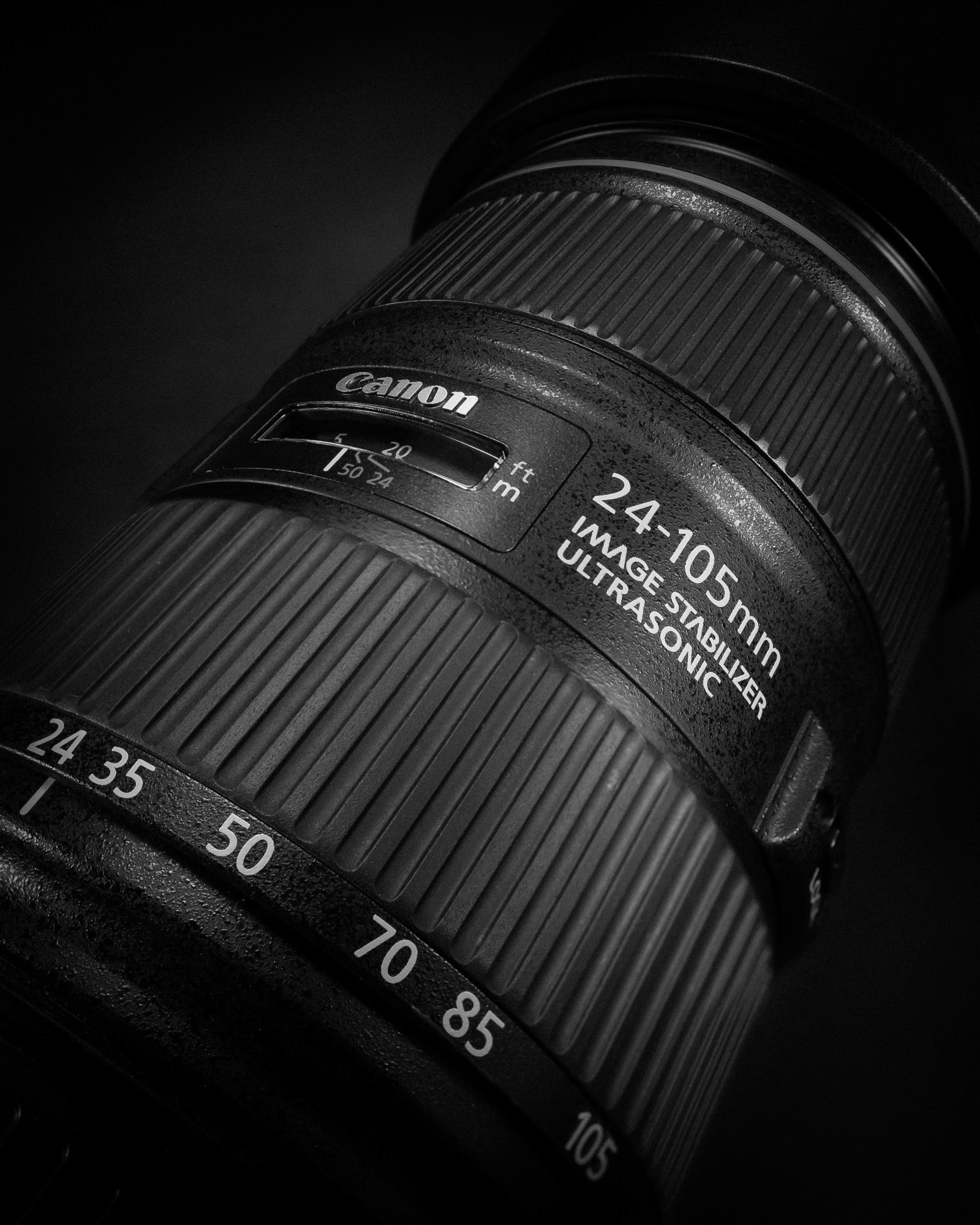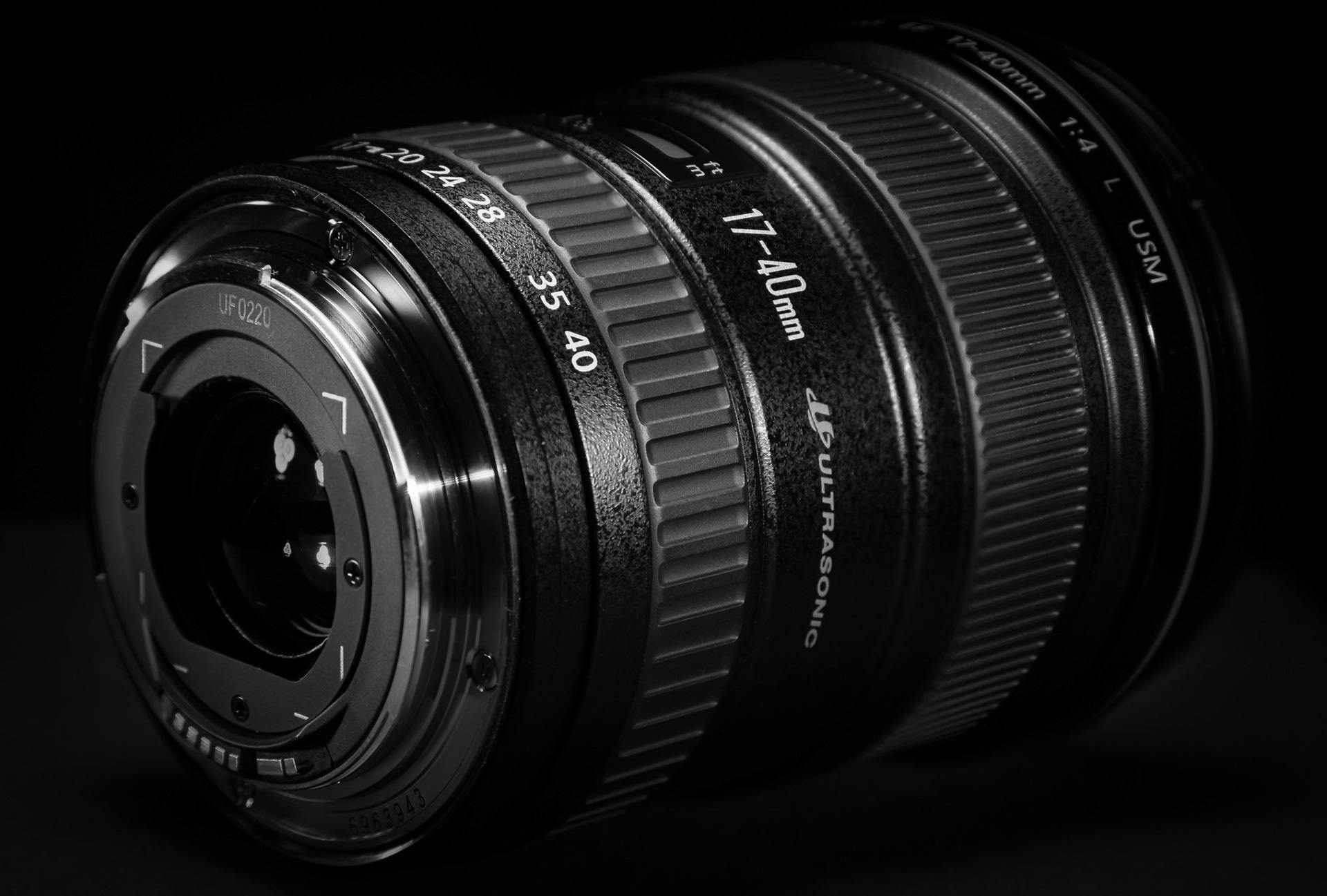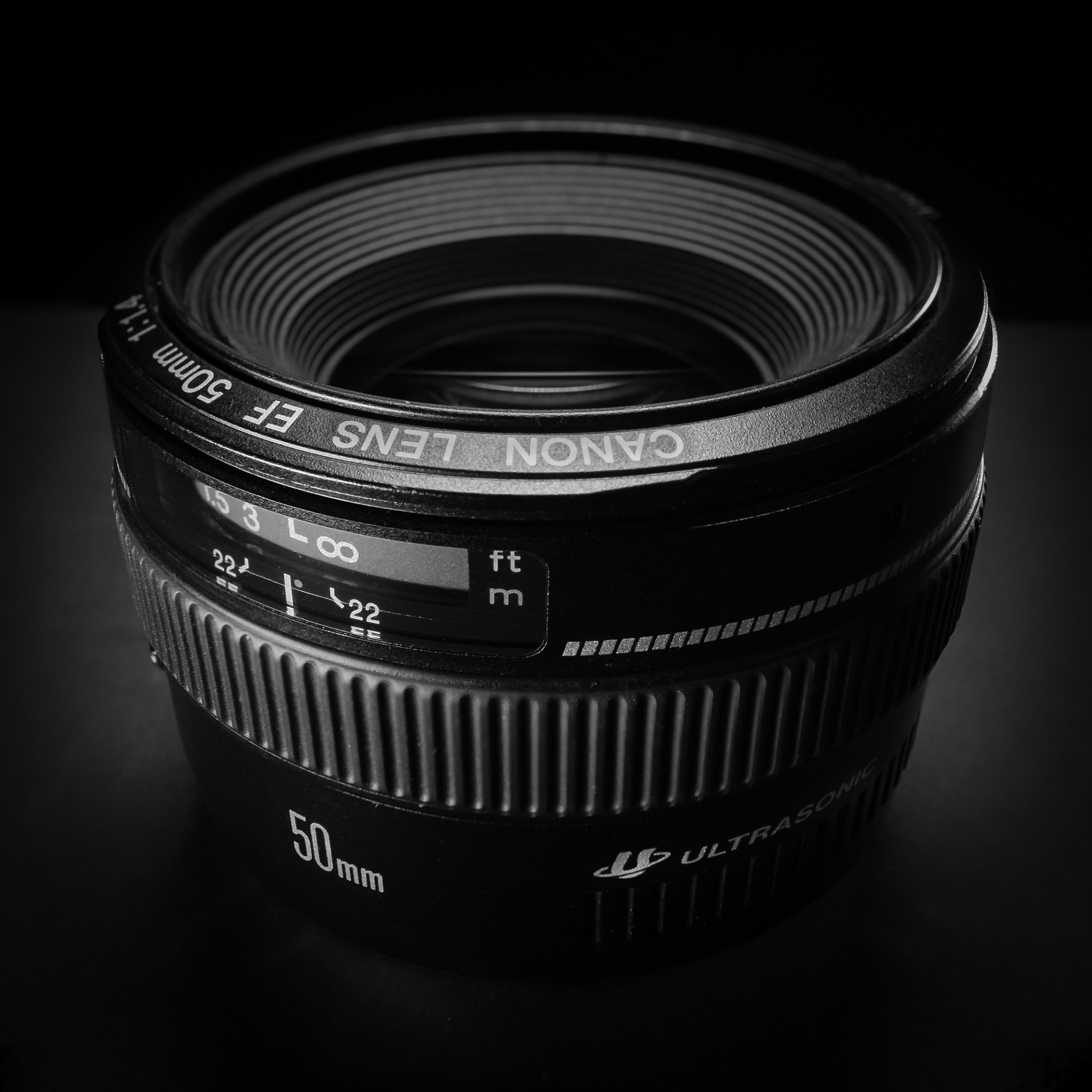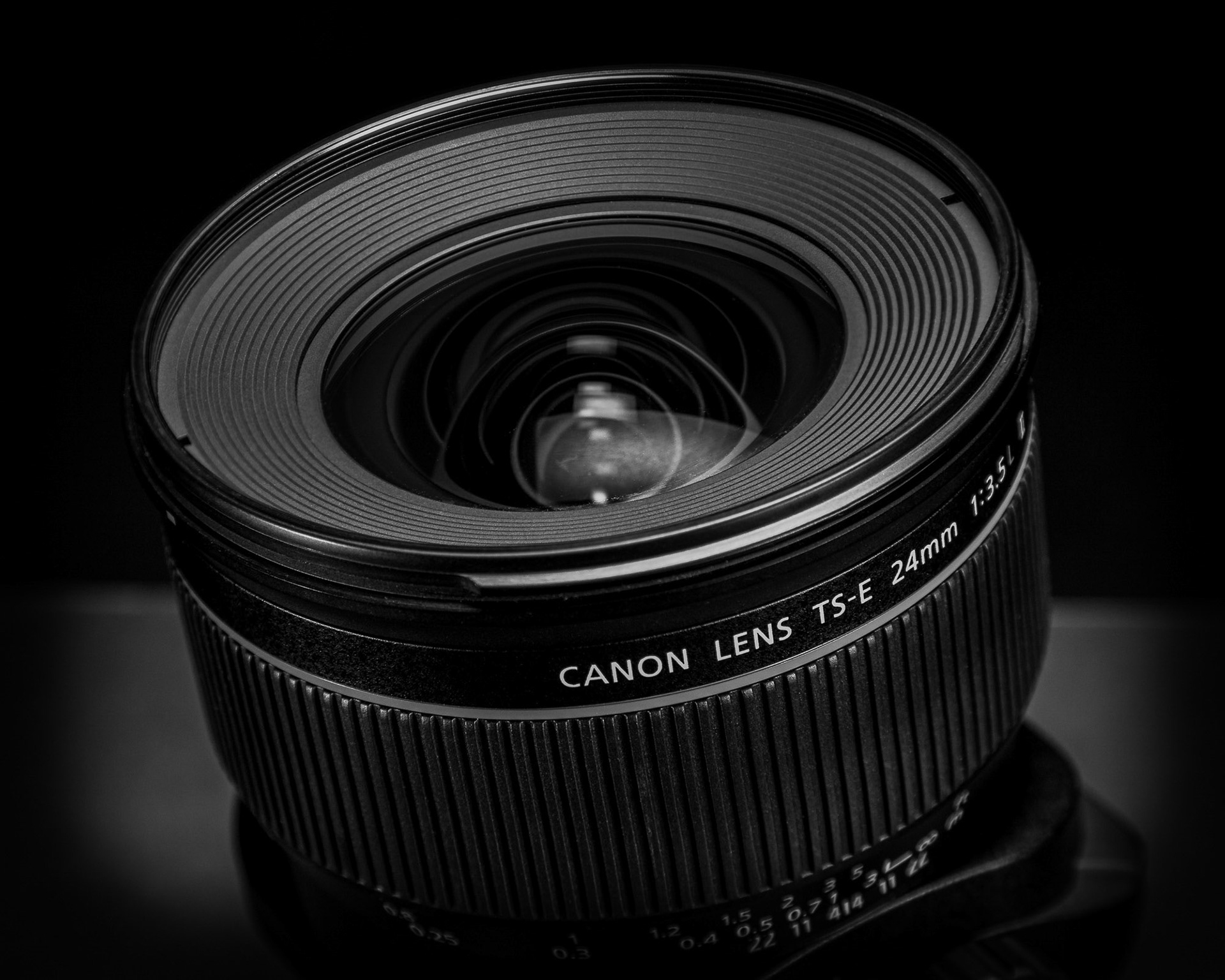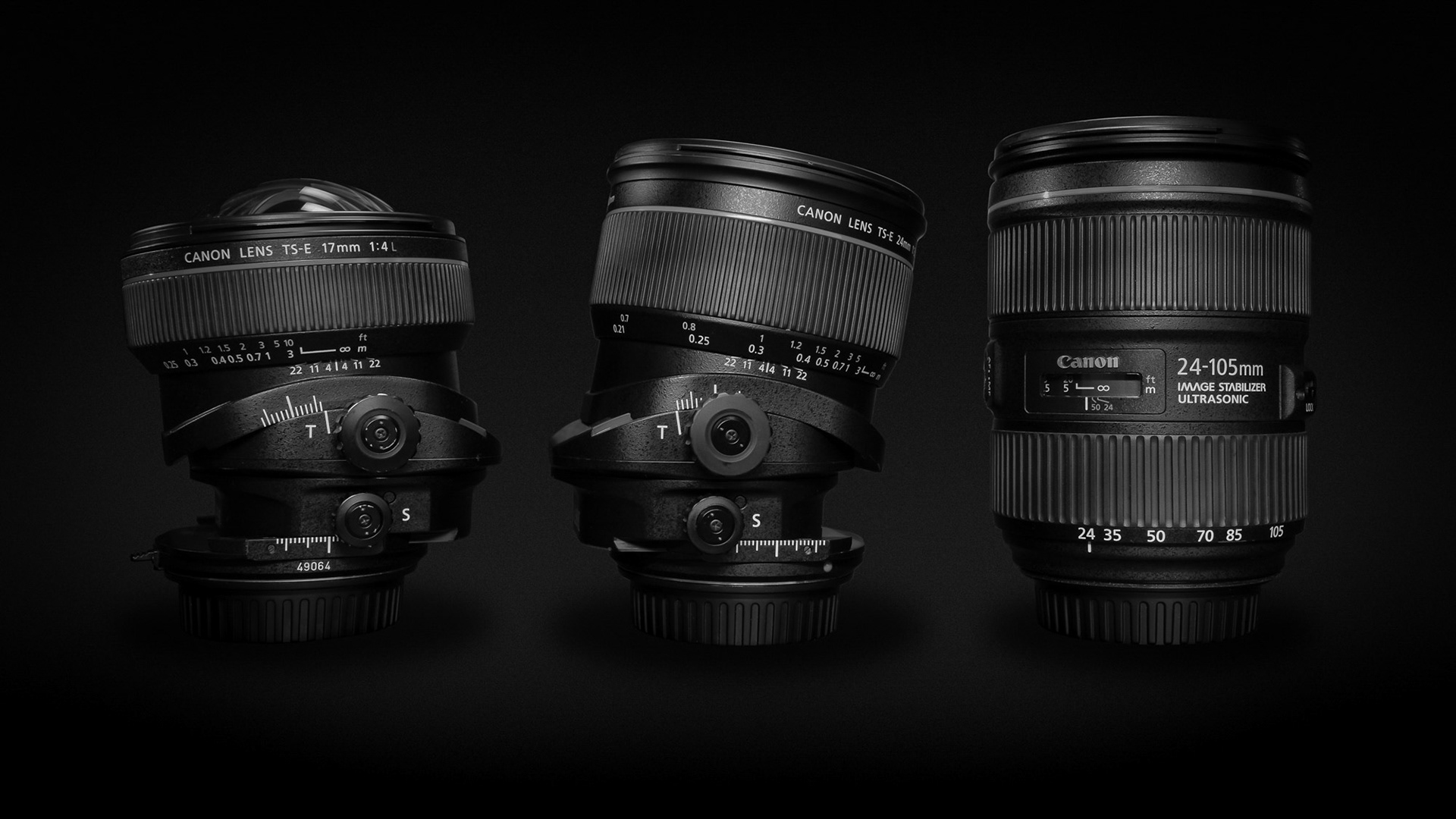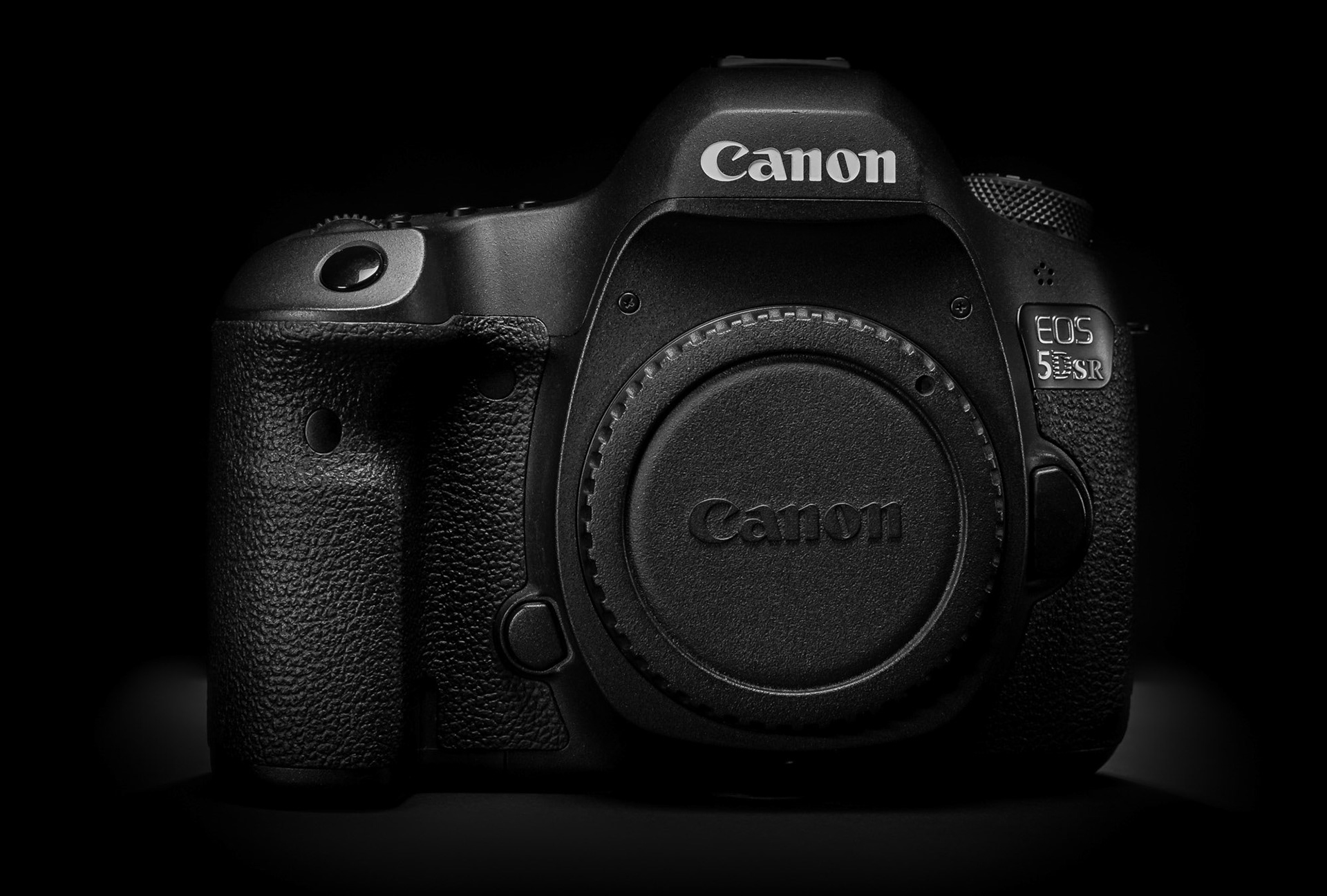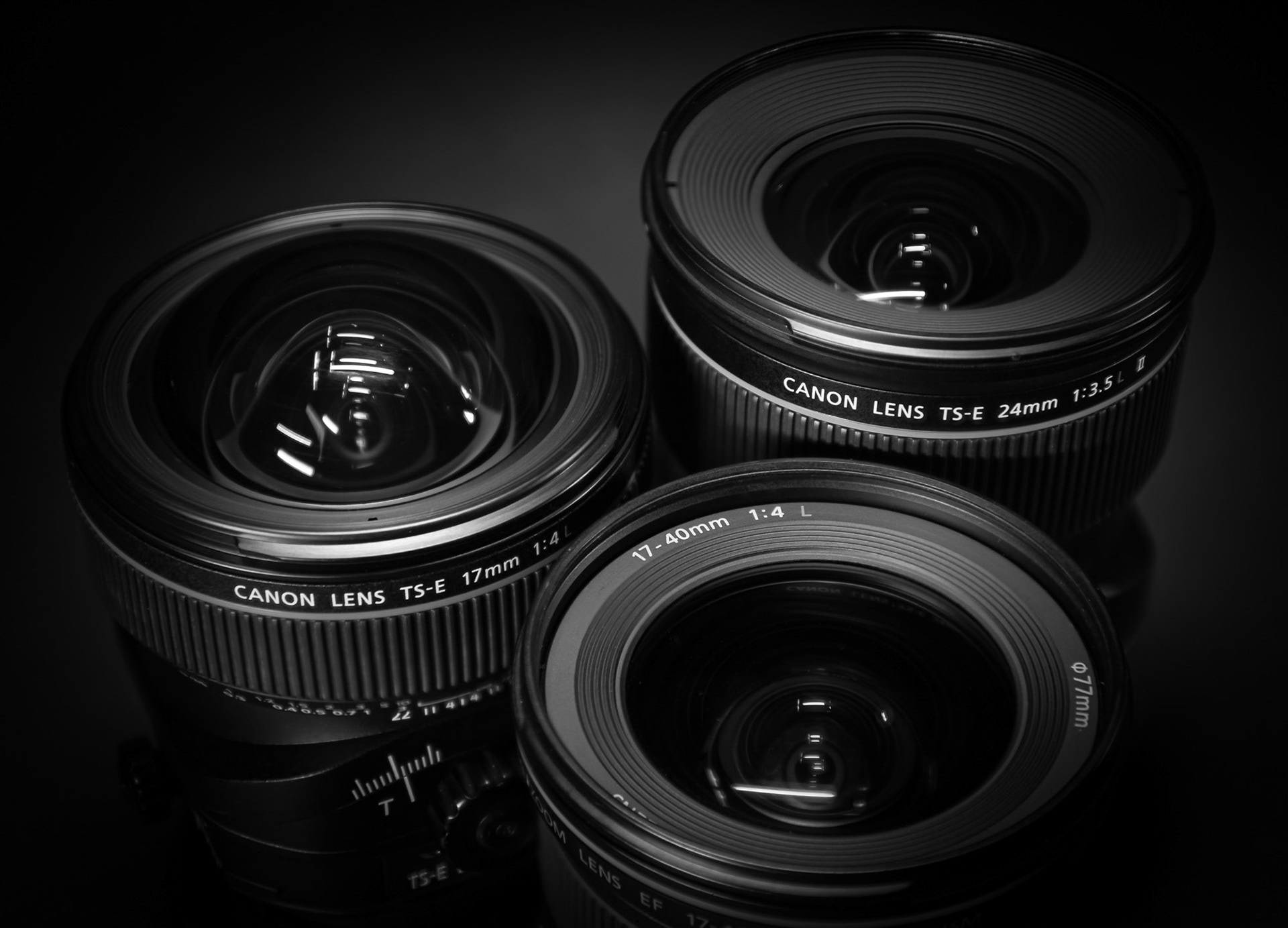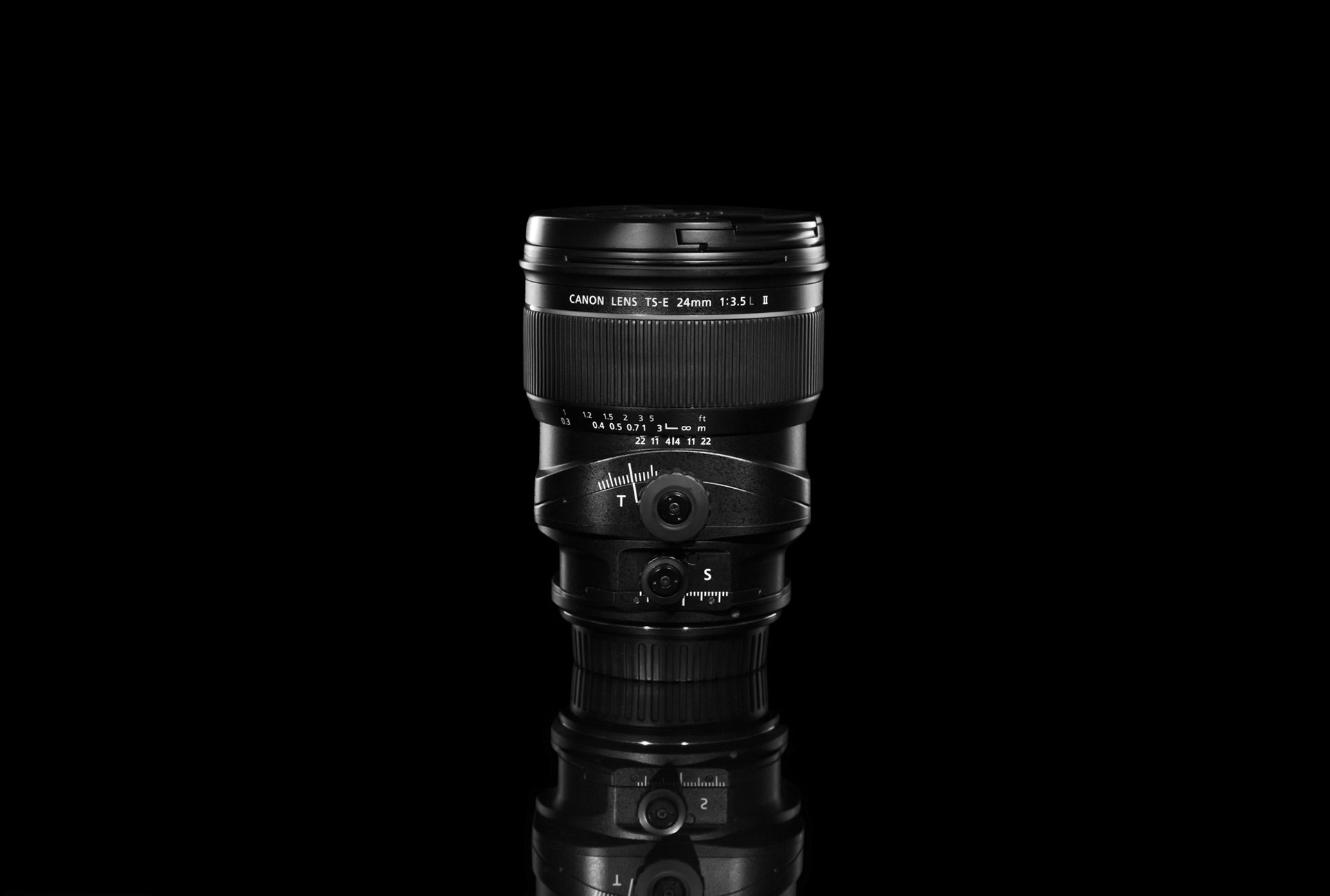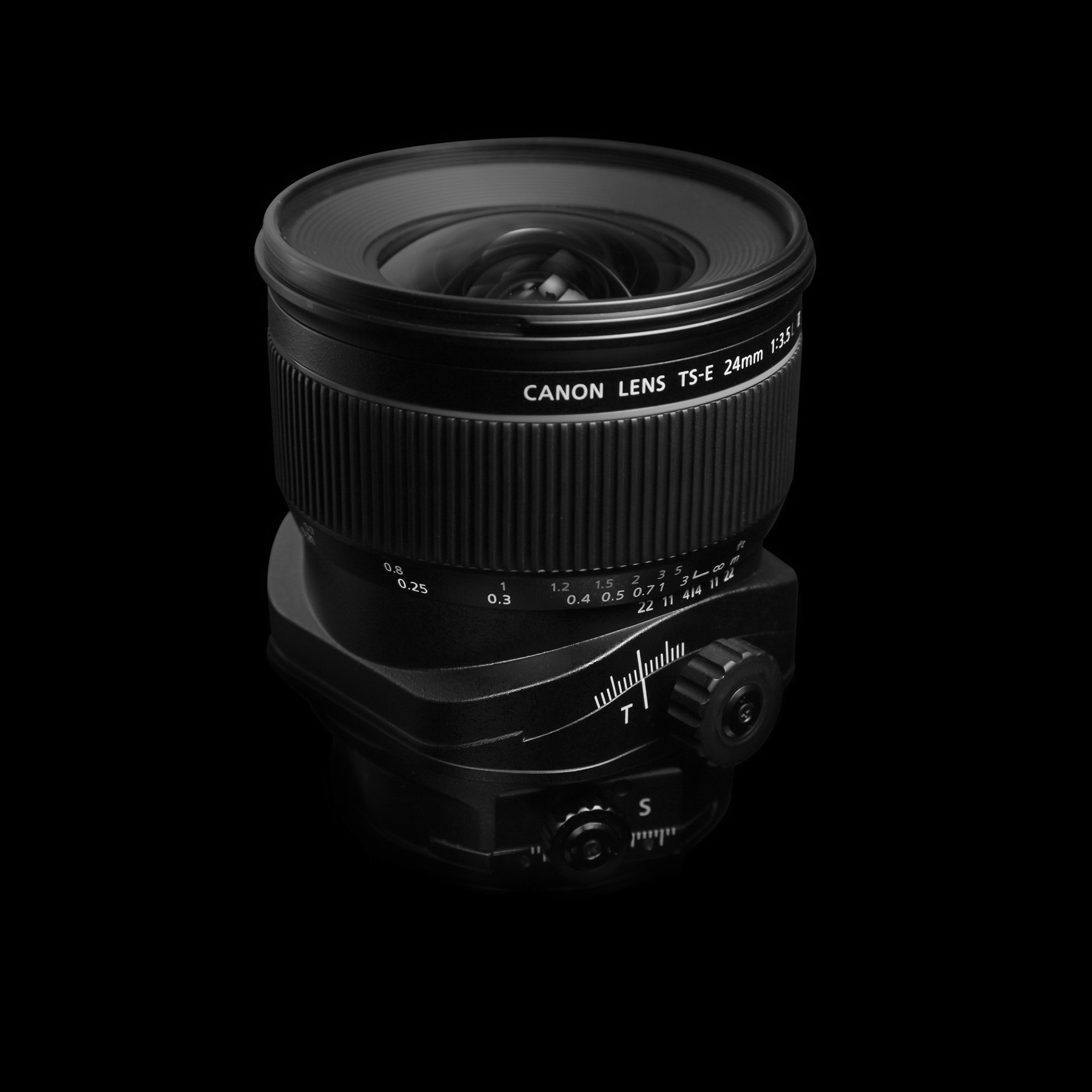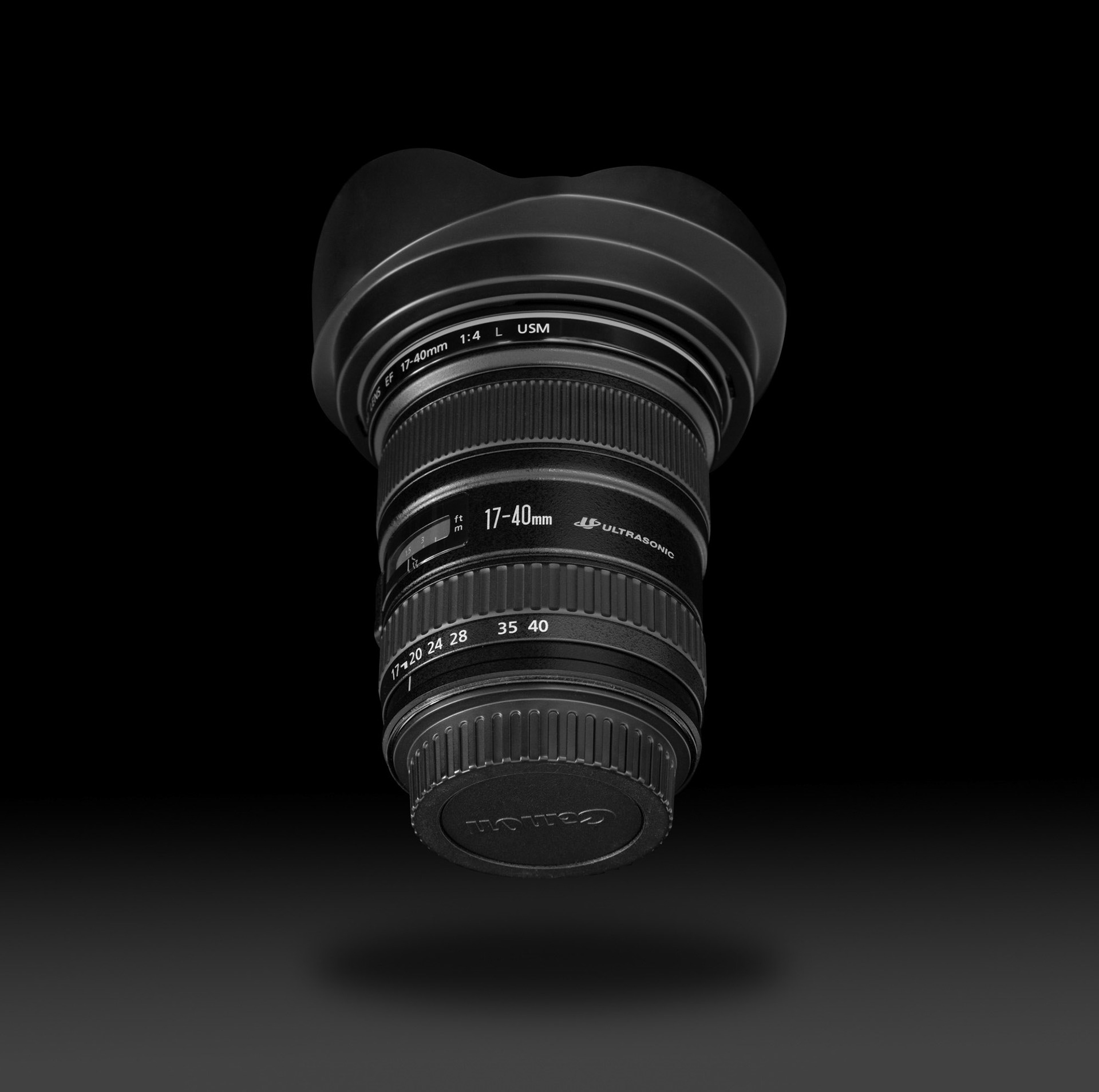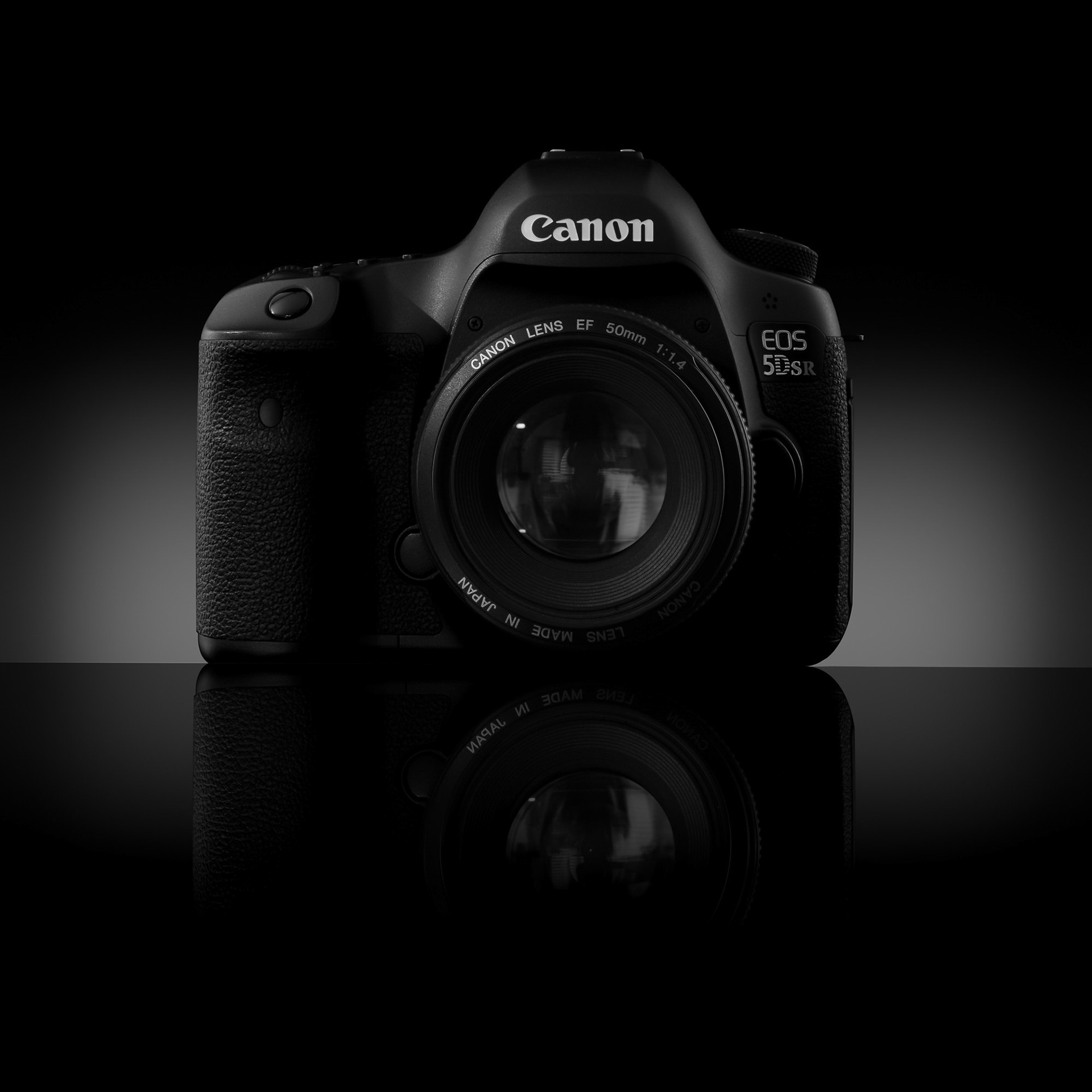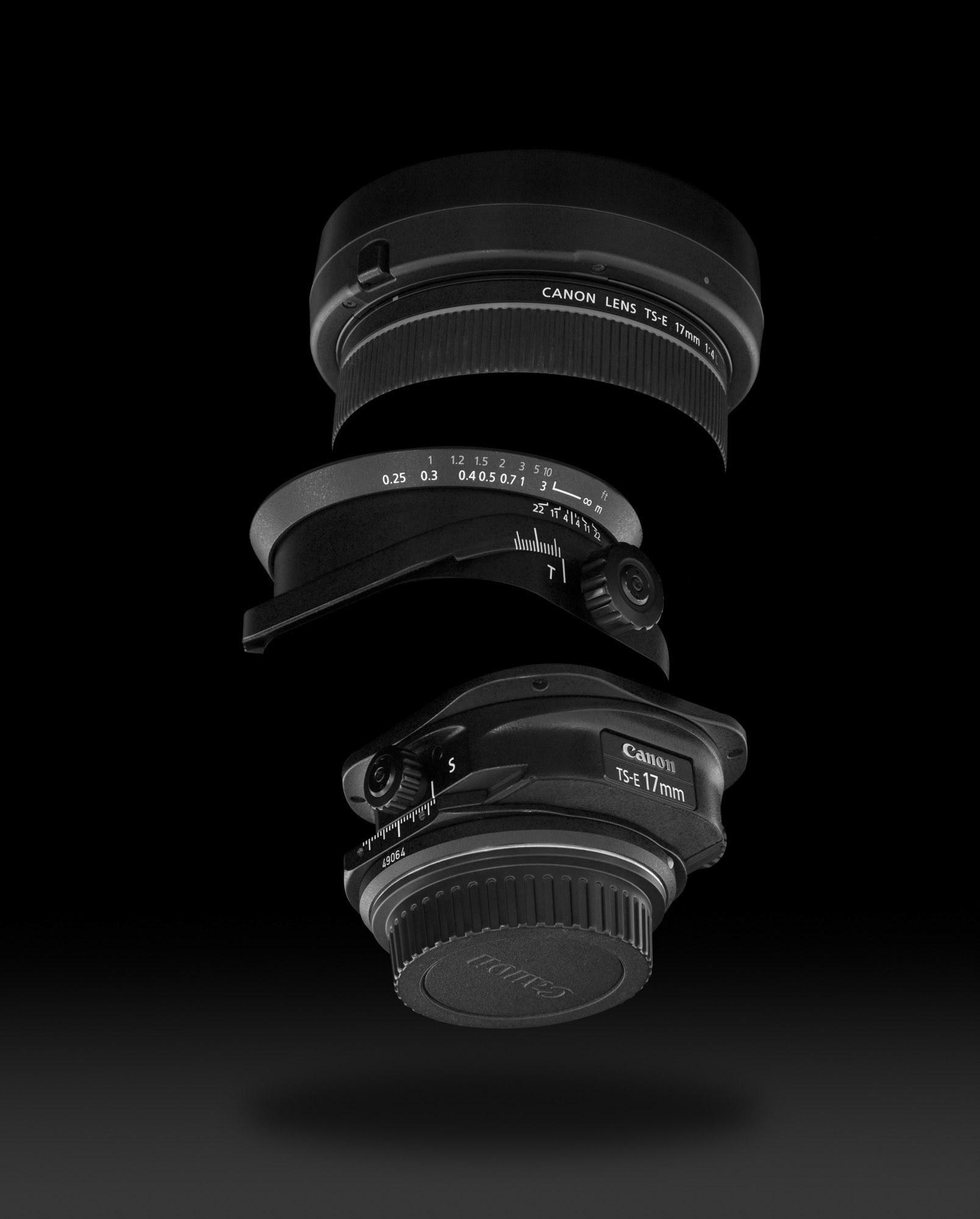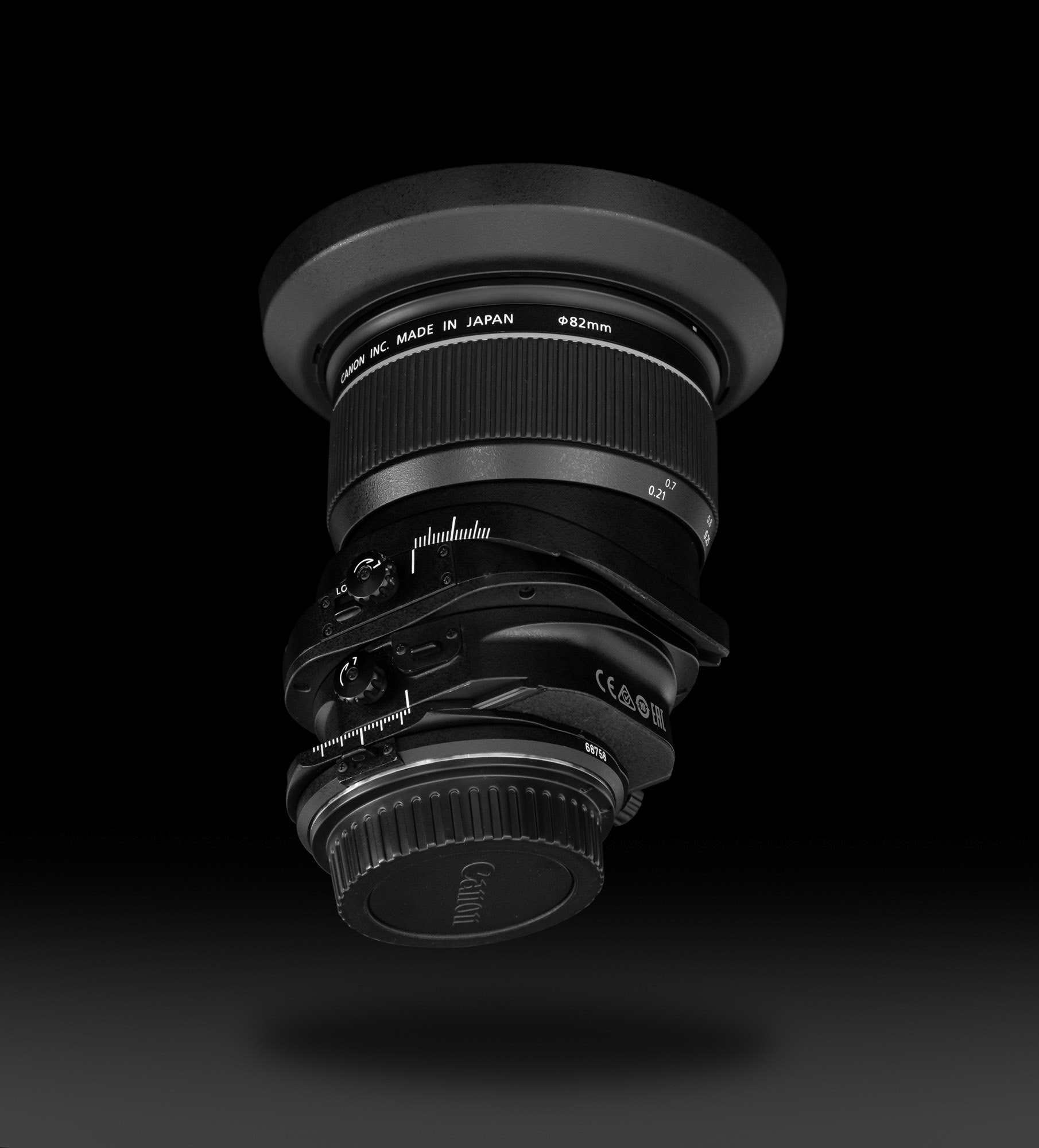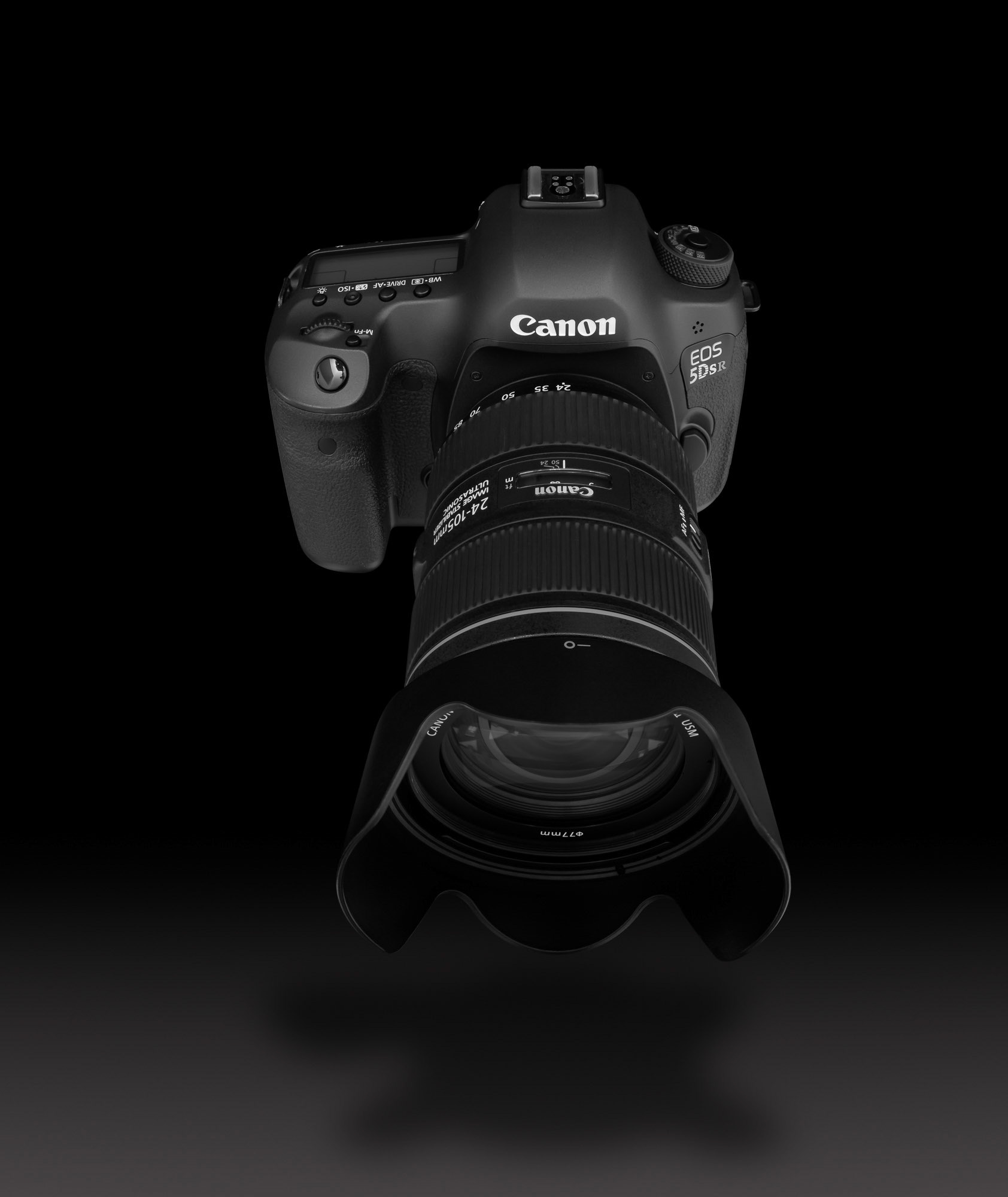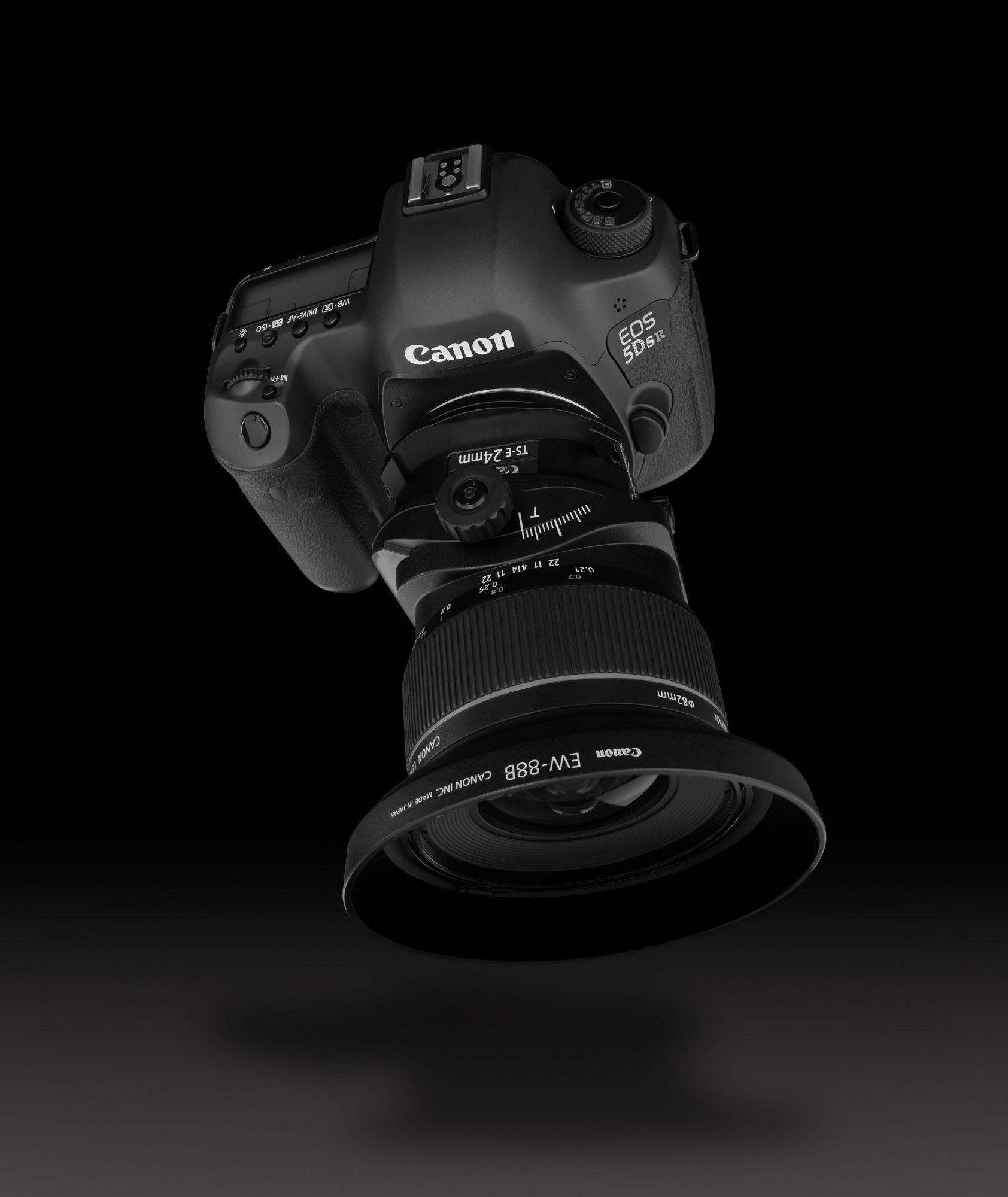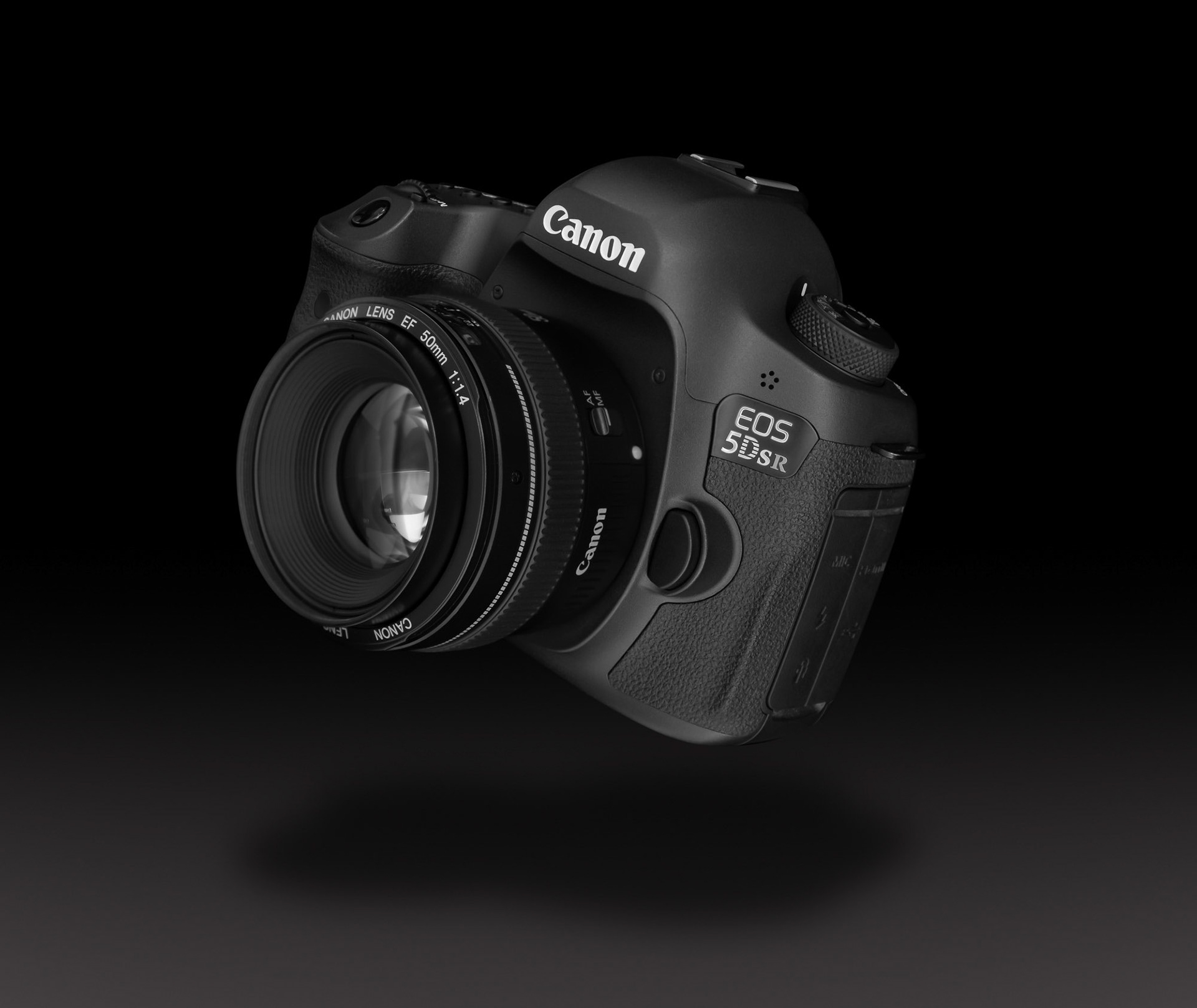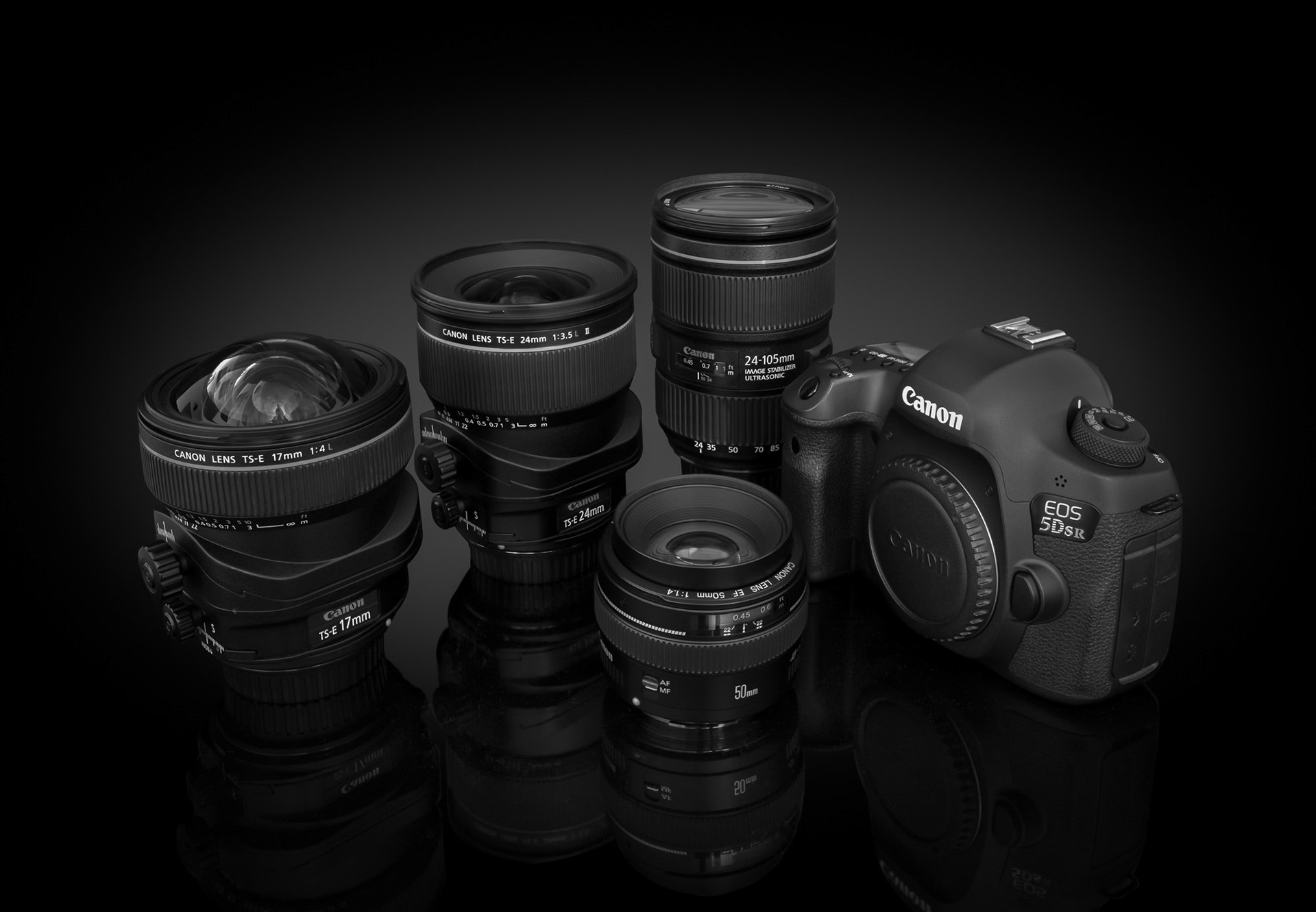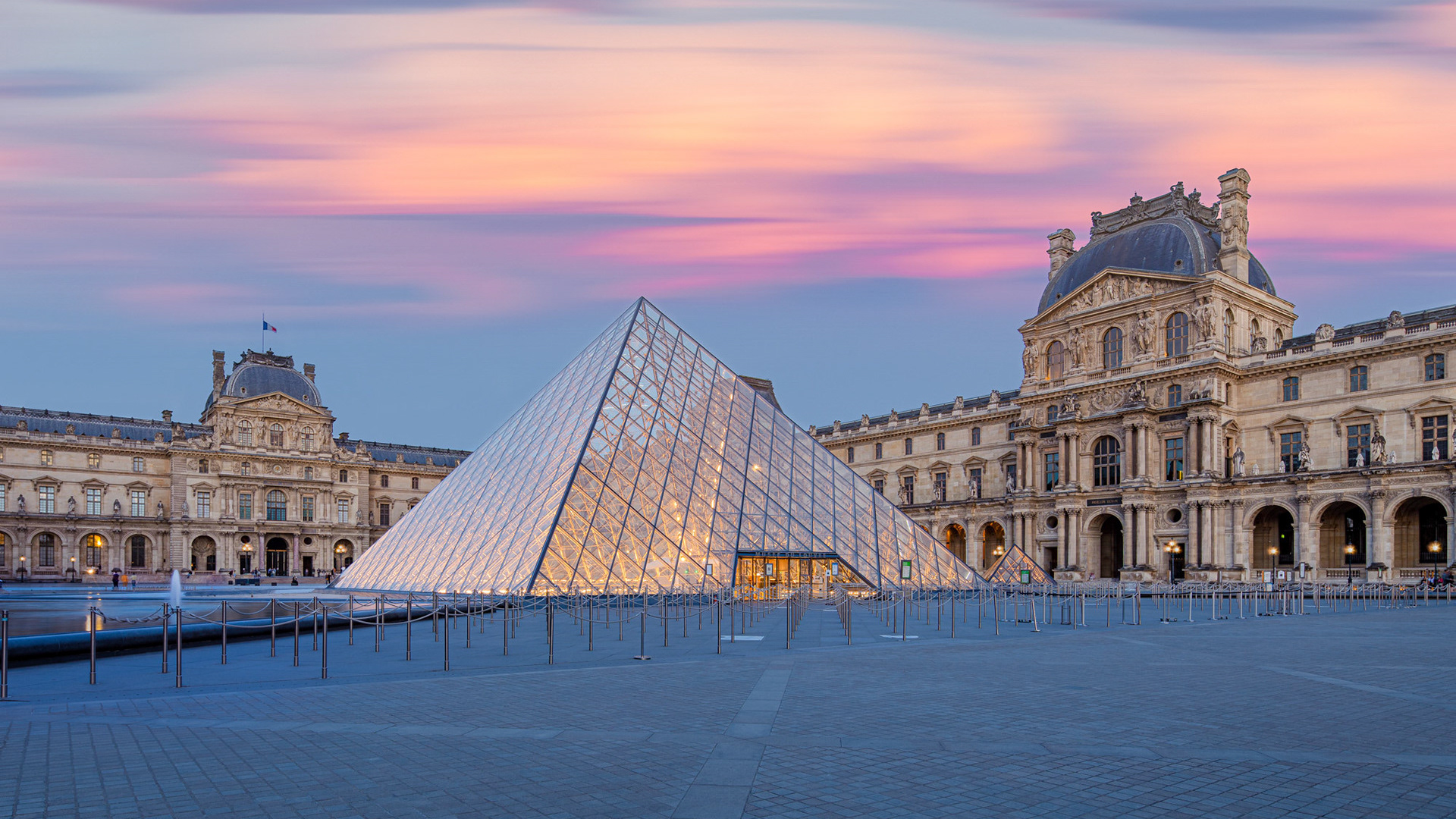By definition, black and white photography is a form of visual technology captured in any monochrome format, characterized by the absence of color. The term "black and white" is used when these technologies include multiple shades of gray in addition to black and white, or when white and single-color tones, such as sepia, are used.
However, beyond this definition, black and white photography is an artistic element of profound visual and emotional impact. It's fascinating to witness how all the colors of the spectrum vanish, replaced by a grayscale where their elegance and vibrancy are reduced to the bare minimum, yet somehow still present, distinguishable only by the intensity of the light they reflect.
To me, it's undeniable that the simplicity and strength inherent in black and white convey a wide range of feelings and sensations. For instance, the nostalgia evoked by the old saying "everything in the past was better" when I view a monochrome photograph of my city. Or the sobriety and gravitas exuded by a human portrait. Furthermore, there's an immense sense of peace and serenity when gazing upon a landscape devoid of color. In any case, black and white photography, despite being the pioneer and the sole option in a not-so-distant era, will continue to hold a significant place in the realm of photography due to its tremendous artistic potential.
"Dark Matter" is a self-taught workshop primarily driven by my deep interest in product photography. This interest has inevitably led me to experiment not only with lighting and color but also with various lenses and angles. My experimentation extends beyond capturing the product itself, encompassing digital editing techniques that offer a unique photographic perspective on something as commonplace for a photographer as their work equipment.
